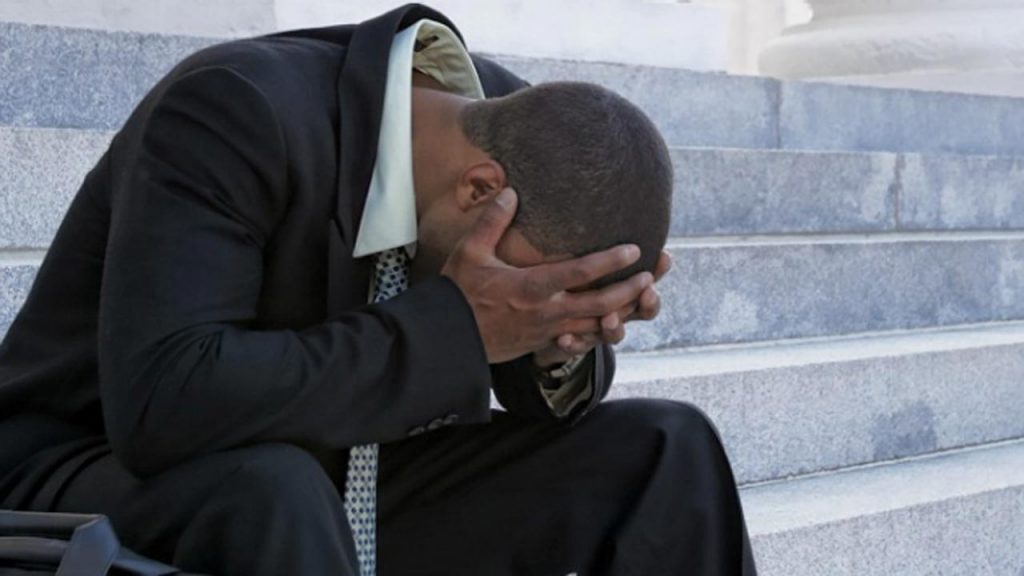Health experts have expressed concern over Nigeria’s increasing exposure to catastrophes and emergencies without adequate psychological response systems, warning that millions of citizens continue to face deep mental health consequences following recurring floods, building collapses, insecurity and other disasters across the country.
Speaking at the weekend during a symposium organised by the Lagos State University Teaching Hospital (LASUTH) to mark this year’s World Mental Health Day, Prof. Olayinka Atilola, a professor of Psychiatry and Behavioural Medicine at the institution, said Nigeria is “practically living in a catastrophe mode,” with disasters now so frequent that they hardly make national headlines.
Atilola, who delivered the keynote lecture on the theme “Access to Mental Health Services in Catastrophes and Emergencies,” said the nation’s growing numbness to tragedies had made mental health intervention an afterthought rather than a core part of emergency response.
“Millions of people in Nigeria are still affected by catastrophes and emergencies like floods, building collapses, insecurity, and displacement. These are not random events; they happen to real people,” he said.
Chair, planning committee, Dr Adedoyin Aremu, said they came together to challenge the neglect of mental health during emergencies and to push for a shift from “the periphery to the centre” in national response plans.
At another event, psychiatrists and other medical professionals also raised concerns over Nigeria’s growing mental health crisis, revealing that about 50 million Nigerians are currently living with mental health challenges, with over 75 per cent of them lacking access to professional care.
The experts gave the warning during a closing ceremony held on the floor of the Nigerian Exchange (NGX) in Lagos on Friday to mark the 2025 World Mental Health Day, an annual global event observed on October 10 to raise awareness and promote advocacy for mental well-being.
Speaking at the event, the Medical Director and Psychiatrist-in-Chief at Pinnacle Medical Services, Dr Maymunah Kadiri, described the Nigerian Exchange as the “heart of the nation’s economy,” noting that the high-pressure nature of financial trading exposes brokers and dealers to stress, anxiety, and burnout.
Kadiri said, “When it comes to the Nigerian Stock Exchange, that is the heart of the nation’s economy. Over 75 per cent of individuals with mental health challenges do not have access to medical care.”
She warned that unmanaged stress in workplaces could lead to mental fatigue, anxiety disorders, and depression, and urged traders to adopt healthier coping strategies.
Echoing her remarks, the Medical Director of the Federal Neuropsychiatric Hospital, Yaba, Dr Olugbenga Owoeye, said the scale of mental health challenges in Nigeria had reached alarming levels.
Owoeye called for the establishment of Employee Assistance Programmes (EAPs) and workplace wellness initiatives within the NGX and other high-stress industries, noting that mental well-being should be treated as a key component of productivity.
He further stressed that while the Federal Government would continue to make efforts to improve mental health services, private stakeholders and corporate organisations must also play a significant role in providing access to care.
Offering a legal perspective, the Chairman of Pinnacle Medical Services and a Senior Advocate of Nigeria (SAN), Yusuf Kadiri, urged the government to decriminalise attempted suicide, stressing that individuals who reached that point deserved medical help, not punishment.
Speaking on behalf of the stockbrokers, Chief Executive Officer of Highcap Securities Limited, David Adonri, thanked the visiting psychiatrists for promoting mental health awareness on the Exchange floor.
“Our work can be extremely demanding. We are grateful for this timely reminder that our well-being is just as important as the markets we move,” he said.
Also speaking at the event, the President, International Visitor Leadership Alumni Association of Nigeria, under the United States Mission in Nigeria, Mr Adedayo Oketola, emphasised that mental health must now be recognised as a national development and leadership priority, not just a medical concern.

